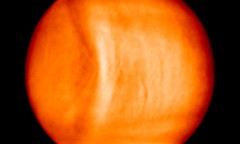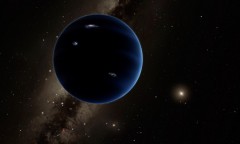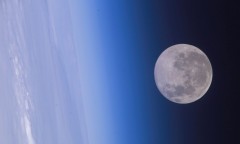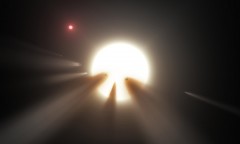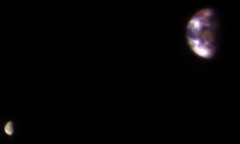By Girish Shetti, | January 21, 2017
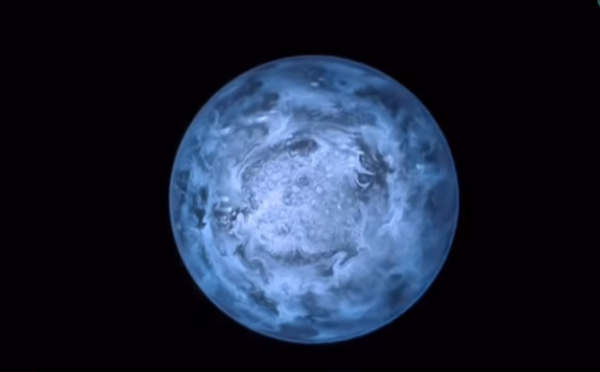
The Wolf 1061c is one of the three planets that orbit the main Wolf 1061 planet. (YouTube)
Is Earth the sole habitable planet in our gigantic universe? This question has long haunted the scientific community, as they continue to push the boundaries to search for an Earth-like planet.
This search has been zeroed down to the Wolf 1061c exoplanet, which is located 14 light years away from Earth. This exoplanet has become the subject of great interest for San Francisco State University astronomer Stephen Kane.
Like Us on Facebook
For Kane and his dedicated astronomical team, finding a habitable planet in our mystical universe is a lifelong mission. Not surprisingly, they are very excited about the Wolf 1061c.
The Wolf 1061c is one of the three planets that orbit the main Wolf 1061 planet. All these planets are part of the Ophichus constellation that was first discovered in 1919.
When scientists and astronomers are searching for a habitable planet, they basically look out for a planet that has identical features to Earth. A habitable planet must contain liquid water and must be located in a sweet spot, situated neither too far or too close to Sun.
The scientific community believes that planets like Mars and Venus are inhabitable because of their unfavorable position in our solar system. These planets are either too close or too far away from Sun, making their environment too hot or unbearably cold for any life to sustain.
As for the Wolf 1061c, scientists claim that the planet falls in a habitable zone that is considered good enough.
"The Wolf 1061 system is important because it is so close and that gives other opportunities to do follow-up studies to see if it does indeed have life," Kane said.
However, Wolf 1061's unique positioning also comes with a caveat or warning, which has got Kane and his team worrying.
Kane says that the Wolf 1061c is located at the inner edge of the habitable zone, adding that the planet is too close to Sun and may have a hostile atmosphere like Venus.
He claims that Wolf 1061 orbits the sun at a much faster rate than our Earth, which potentially means that its climate is very chaotic.
However, the scientific community does not want to leave anything to chance. Kane claims that in the coming years scientists will launch the James Webb Space Telescope, the successor to the Hubble Space Telescope, to detect atmospheric components in exoplanets like Wolf 1061.
-
Use of Coronavirus Pandemic Drones Raises Privacy Concerns: Drones Spread Fear, Local Officials Say

-
Coronavirus Hampers The Delivery Of Lockheed Martin F-35 Stealth Fighters For 2020

-
Instagram Speeds Up Plans to Add Account Memorialization Feature Due to COVID-19 Deaths

-
NASA: Perseverance Plans to Bring 'Mars Rock' to Earth in 2031

-
600 Dead And 3,000 In The Hospital as Iranians Believed Drinking High-Concentrations of Alcohol Can Cure The Coronavirus

-
600 Dead And 3,000 In The Hospital as Iranians Believed Drinking High-Concentrations of Alcohol Can Cure The Coronavirus

-
COVID-19: Doctors, Nurses Use Virtual Reality to Learn New Skills in Treating Coronavirus Patients


